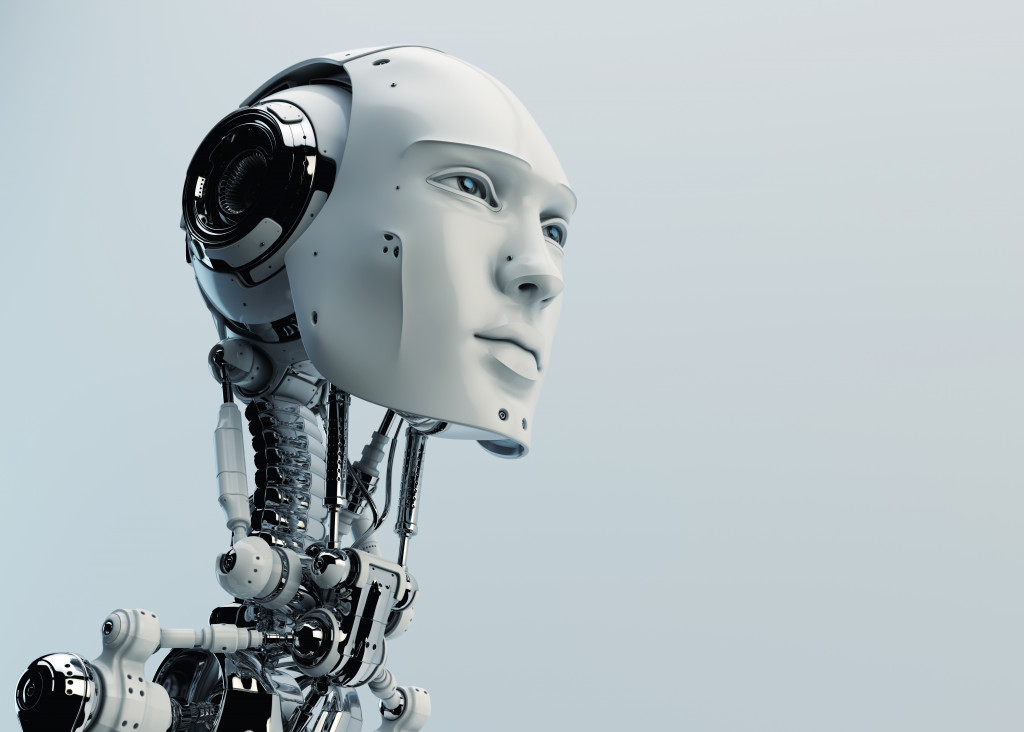Disclaimer: This website provides health information for educational purposes only and is not a substitute for professional medical advice, diagnosis, or treatment. Always seek the guidance of a qualified healthcare provider with any questions you may have.
Technology has played an increasingly important role in the healthcare industry recently. Several new technologies have been developed to help improve the quality and efficiency of healthcare services. This article will look at some essential technologies revolutionizing the healthcare industry.
Electronic Health Records (EHRs)
One of the most important technologies revolutionizing the healthcare industry is the electronic health record (EHR). An EHR is an electronic version of a patient’s medical history, which authorized healthcare providers can access. The benefits of EHRs are numerous. They can help improve the quality of care by providing a complete and up-to-date picture of a patient’s health, reducing the risk of medical errors, and saving time and money by reducing duplication of tests and procedures.
In addition, EHRs can facilitate research and public health activities by providing a large pool of data that can be analyzed. As EHRs become more widely adopted, they are expected to have a transformative impact on the healthcare industry.
Telemedicine
Telemedicine is another important technology that is revolutionizing healthcare. It is a process of providing medical care and services using telecommunications technologies. Telemedicine can be used for various purposes, such as diagnosing and treating patients, providing consultation to other healthcare providers, and delivering continuing medical education.
The best application of telemedicine is a virtual consultancy with healthcare professionals. For instance, a patient with lower back pain can seek virtual chiropractic care consultancy to help prevent increasing pain. The patients can also get guidance about how to lead a lifestyle that can help lower the pain. If nothing works, the patient can also book an appointment and visit the chiropractor to get the lower back fixed.
Robotic Surgery
Robotic surgery is a type of surgery that is performed using a robotic surgical system. The surgeon controls the system from a computer console. Robotic surgery can be used for various procedures, such as heart surgery, hysterectomies, and prostatectomies.
Robotic surgery is one of the most exciting and rapidly advancing areas of healthcare technology. Also known as “computer-assisted surgery,” robotic surgery involves using a surgical robot to perform delicate and complex procedures with greater precision and accuracy than is possible with traditional surgical techniques. While initially developed for cardiovascular surgery, robotic surgery is now used for various procedures, including cancer surgery, transplants, and orthopedic surgery. Thanks to the continued advancement of surgical robots, the future of healthcare looks more promising than ever.

3D Printing
3D printing is a type of additive manufacturing that creates three-dimensional objects by successively adding layers of material. 3D printing is already used in the healthcare industry to create prosthetic limbs, implants, and even human tissue. These applications are just the tip of the iceberg; as 3D printing technology continues to evolve, it has the potential to revolutionize healthcare.
Custom-printed drugs and patient-specific medical devices are two areas where 3D printing could have a significant impact. With custom-printed drugs, patients could receive medication specifically tailored to their needs. And with patient-specific medical devices, doctors would be able to implant devices that perfectly match a patient’s anatomy, reducing the risk of complications.
Artificial Intelligence (AI)
Artificial intelligence (AI) is quickly revolutionizing the healthcare industry. By automating repetitive and routine tasks, AI frees clinicians to focus on more critical tasks. AI can also help to improve patient outcomes by providing personalized recommendations based on a patient’s individual needs. For example, one startup is using AI to match patients with clinical trials that are most likely to be successful for them.
In addition, AI is being used to develop new drugs and diagnose diseases more accurately. As AI becomes more advanced, it will continue transforming the healthcare industry in ways we cannot even imagine.
Virtual Reality (VR)
One of the most promising new technologies in the healthcare industry is virtual reality (VR). VR can be used for various purposes, including training medical professionals, treating patients with anxiety disorders, and even providing pain relief. VR has the potential to revolutionize the way we provide care, making it more immersive and effective. For example, VR can simulate a surgery so trainees can get a realistic sense of what it is like to operate.
VR can also help patients with phobias, such as fear of flying, by gradually exposing them to their triggers in a controlled environment. Finally, VR is a form of pain management for patients dealing with chronic pain or recovering from surgery. By providing distraction and engagement, VR can help reduce pain levels and improve the quality of life.
These are just a few of the technologies that are revolutionizing healthcare. In the future, we can expect to see even more new and innovative technologies that will continue transforming the healthcare industry.

